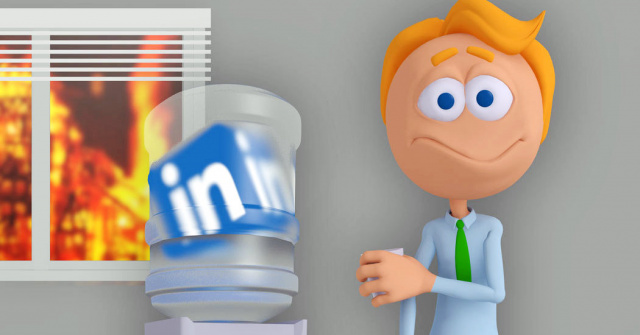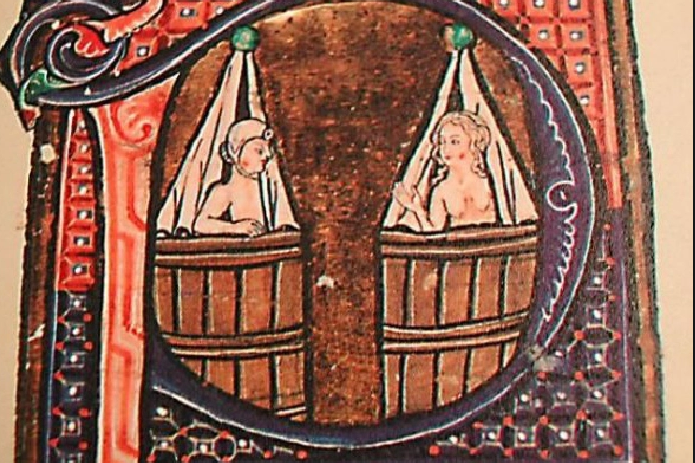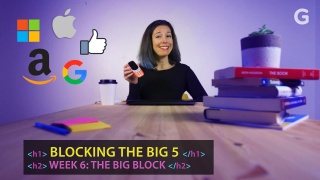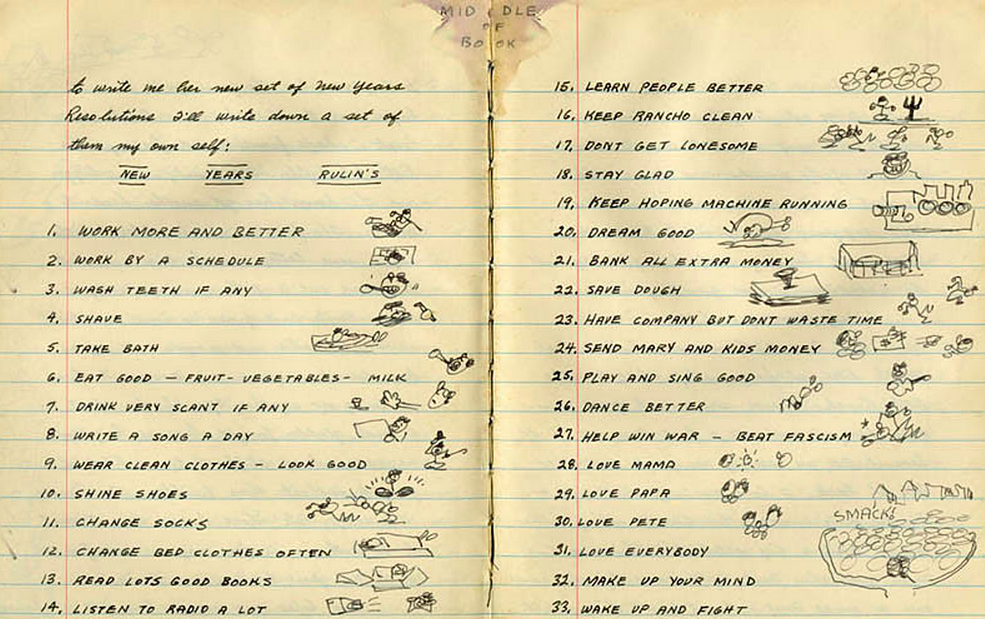I’m in. UTC for all sounds fine. It’d make programming easier.
life
Unless compelling evidence emerges that mirror life would not pose extraordinary dangers, we believe that mirror bacteria and other mirror organisms, even those with engineered biocontainment measures, should not be created. We therefore recommend that research with the goal of creating mirror bacteria not be permitted, and that funders make clear that they will not support such work.I hate it when some little fact about how things work (chirality) turns out to have world-destroying implications.
Thanks, I guess? Counterpoint, kind of.

Because there isn't much happening there? And maybe that's good?!
"Scaling job two – looking good at work – up to a social network creates a new sort of venue: a non–office office, with thousands of bosses, none of them yours, all of them potentially watching."Interesting to consider the different social pressures at work on LinkedIn that aren't explicitly part of the service. (Sorry about the NYT paywall link—I'm trying to stop linking there.)

Sometimes you need to read a good rant about medieval history and this is one of those.
"In fact, medieval people loved a bath and can in many ways be considered a bathing culture, much in the way that say, Japan is now. Medieval people also very much valued being clean generally in an almost religious way."Someone should tell Dennis.
This is another great post about changing digital habits, google edition. This is feeling more possible to me every day. I need to switch to Fathom Analytics here. Google Analytics is overkill for a personal website. And it wasn't mentioned in this post, but I still haven't found a good alternative to Google Maps on my phone. Apple Maps has been improving but it's still not as accurate in my experience.

I never get tired of these stories where people change their digital habits. This piece by Kashmir Hill is an extreme example, but also a good illustration of how ubiquitous the major tech companies are. Understanding the often hidden architecture of our tech environment helps us make mindful decisions. A couple other posts in this genre I've enjoyed lately: Bye, Bye, Google by Bogdan Popa and Pulling the plug on Facebook by Drupal founder Dries Buytaert.
-
Matt talks about the personal toll that owning a small business like MetaFilter can take.
-
Quinn Norton wrestles with our productivity culture: "It is a surrender to nothing, to a nothingness of lived accounting."
-
A wonderful story about networks, nostalgia, grief, computing history, and emulation.
-
Buster Benson on developing a highly available life: "An antifragile way of life is all about finding a way to gain from the inevitable disorder of life. To not only bounce back when things don’t go as planned, but to get stronger, smarter, and better at continuing as a result of running into this disorder."
